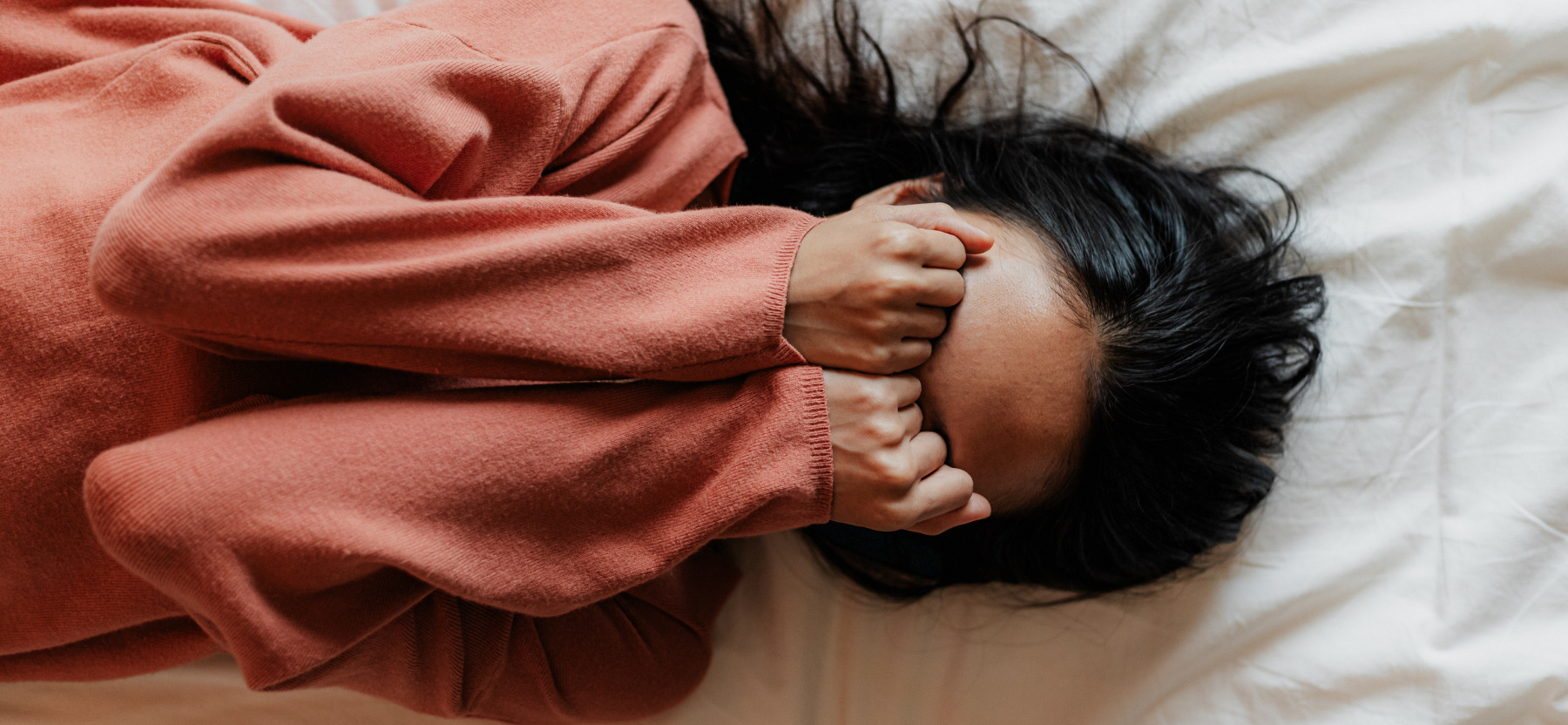No one can escape it. Laura in HR tells you that she is feeling a lot of stress about upcoming recruitments.In your singing group, Pedro tells you about his stomach aches and chronic fatigue when he is anxious. And even your little cousin, Sarah, tells you about the constant stress she has been feeling since she started school. Stress and anxiety are everywhere.
Olá, Dr. Joy here!
Whether in our private or professional lives, on a one-off or ongoing basis, stress and anxiety are well and truly part of our daily lives. Impacting our physical, mental and social health. That’s all there is to it.
In fact, it is even referred to as the “disease of the modern world” or “disease of the century”.
The differences between stress and anxiety
These two terms, often used to mean the same thing, are in fact very different.
Stress:
Stress is a set of reactions triggered by a demand or a situation at a specific moment. It can be described as an imbalance between the demands made and the individual’s ability to meet them. But we all perceive them differently.
Indeed, for some people these situations are challenging: stress therefore becomes a driving force.
Others see these situations as a threat and can be overwhelmed by events.
Stress is therefore specific to each individual and is a one-off. It is due to the personal perception of each person.
Sarah loves her school curriculum. She finds the subjects exciting and takes on each new task as a challenge. However, when she has to give a presentation on the blackboard in front of a full lecture hall, she becomes overwhelmed by stress and is unable to speak.
Anxiety:
Anxiety is defined as a feeling of imminent and indeterminate danger.
It is accompanied by a state of uneasiness, restlessness, distress, and destruction.
Like stress, each reaction varies from person to person.
It is often perceived as something unpleasant that happens to us when a problem occurs. It is caused by our brain’s anticipation of an event.
Its symptoms are often short-lived, and disappear once the perceived danger has passed.
Unlike stress, if anxiety persists and recurs frequently, it can become pathological and have consequences for daily life: withdrawal, refusal to go to school, musculoskeletal problems, work stoppages, and serious digestive problems, for example.
The main difference between stress and anxiety is temporality:
- Stress is in the present, it is due to an action that provokes fear and generates stress
- Anxiety is the anticipation of an event that a person feels is dangerous.
Their harmful effects on health
Stress and anxiety impact our overall well-being: our physical, mental and relationship well-being.
Its effects are manifold and, as I said earlier, they are unique to each person.
Physically, you may suffer from:
- Insomnia, fatigue
- Headaches, dizziness
- Pain, muscle tension
- Stomach ache, digestive problems
- Increased heart rate
- Tightness in the throat, sensation of a lump in the throat
- Clammy hands, dry mouth, sweating, trembling.
Mentally, stress and anxiety will cause:
- Decreased concentration
- Decreased intellectual performance
- Difficulty in projecting oneself, negative vision of the future
- Irritability, impulsiveness, irrational fear
- Doubts and fears.
Finally, as mentioned above, stress and anxiety can lead to social withdrawal and impact relationships. A person suffering from one of these may, for example
- Refuse to go to dinner with friends where you don’t know everyone
- Experience difficulty speaking in front of an audience
- Not go to places with crowds, shops, or public transport.
Stress and anxiety are risk factors for many diseases. In particular, it increases the risk of developing cardiovascular disease.
Reducing stress and anxiety: 3 tips
To help you reduce stress and anxiety, I suggest you try these three tips.
Of course, if the anxiety becomes too great and takes up a lot of your thoughts, do not hesitate to contact a doctor. Our psychologist and psychiatrist are available to support you.
Rhodiola, the stress plant:
Rhodiola is a very popular adaptogen. It is the root that is used in food supplements. It is well known for its ability to reduce stress and anxiety. We talk about adaptogenic plants.
As a matter of fact, it will be your ally when it comes to relieving your anxiety and will bring you the support your body and mind need to recover in the best conditions. It also provides a positive response to stress.
Rhodiola is available in capsule form. I recommend a 3 week course of treatment to see how effective it is. The recommended dose is 400 to 1200 milligrams (mg) per day but it can vary from one person to another.
If you would like more information, you can make an appointment with Claire Colson, naturopath at Alegria.
Alternative medicine: sophrology, osteopathy, brief therapies:
Many types of medicine can help you to reduce your stress and anxiety.
This is the case with the following examples:
- Sophrology: it will help you to better apprehend a stressful event thanks to in-depth work. The aim is to develop positive emotions.
- Osteopathy: this allows the muscles to be relaxed and the patient’s neurovegetative system to be rebalanced.
- Brief therapies: there are several (Neuro-linguistic programming [NLP], Cognitive behavioural therapy [CBT], EMDR [Eye Movement Desensitisation and Reprocessing], etc.). They aim to eliminate symptoms quickly and effectively. Brief therapies focus on how to make things right rather than why you are the way you are.
You can find all these specialities at Alegria Medical Centre.
Taking time for yourself: meditation, sport, journaling:
Taking time for yourself is essential to learn how to manage your stress and anxiety.
To do this, you can practice different activities such as:
- Meditation, which will enable you to become aware of your body and its surroundings, as well as teaching you how to manage your concentration and calm yourself.
- Sport, which will release dopamine, the happiness hormone.
- Journaling, which consists of writing down your day in a notebook in order to free your mind. You can write down 3 positive events to help you see things in a positive light.
Now you know all about stress and anxiety, are you ready to take action?
I’m off to my ping-pong session, I need a good dose of dopamine.
Beijinhos,
Dr Joy!
This information is not a substitute for medical advice.
You must seek the advice of your doctor or another qualified health professional with any questions you may have regarding your health condition.



